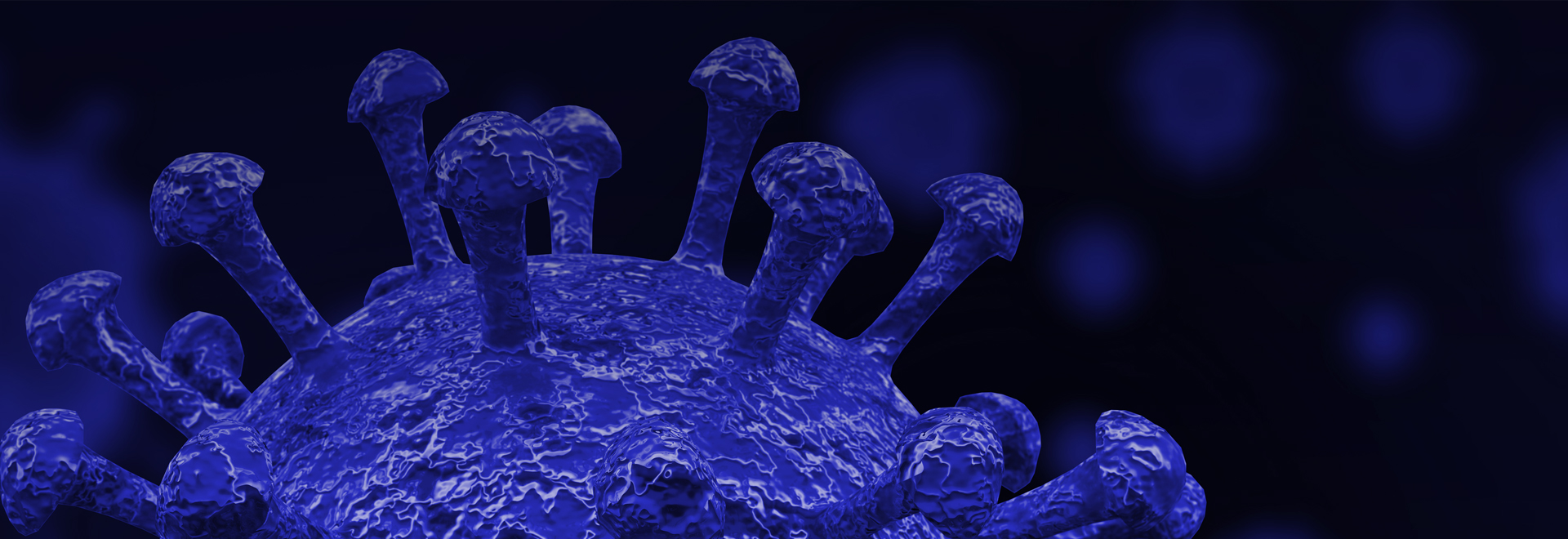

High-Throughput Proteomics During a Pandemic
Webinar Overview
Recent technical advances allow investigators to analyze clinical samples with robust high-throughput proteomic workflows, creating an opportunity to analyze large numbers of patient samples during the COVID-19 pandemic. These new workflows also afford investigators the unique opportunity to analyze individual patient tissue proteomes in three dimensions.
In this GEN webinar, our esteemed presenter, Dr. Roman Fischer from the University of Oxford, will showcase the application and limitations of high-throughput timsTOF Pro mass spectrometry on large scale clinical sample sets in order to stratify patients and contribute to a multi-omics blood atlas of COVID-19 patients, and the combination of laser capture microdissection with proteomics methods for the 3D characterization of large biological macrostructures such as organs or tumors.
Speakers
Roman Fischer, PhD
Associate Professor in Clinical Proteomics, Target Discovery Institute, University of Oxford
Roman Fischer is an Associate Professor and Senior Group Leader in Clinical Proteomics at the University of Oxford. He leads the Discovery Proteomics Facility at the Target Discovery Institute. RF studied Biotechnology at the Technical University Braunschweig and obtained his PhD at the Helmholtz Centre for Infection Research for the analysis of host-pathogen interactions of Listeria monocytogenes using proteomic methods (2007). After postdoctoral studies on Il-1 signalling in the laboratory of Professor Sir Philip Cohen in Dundee (Scotland), Roman started to develop clinical proteomics at the University of Oxford in 2009. Since 2013 RF leads the Discovery Proteomics Facility and applies proteomic methods to a multitude of scientific questions. Currently, RF focusses his research on the development of high-throughput and spatial proteomics methods and their application to large clinical cohorts and specimen.
Catherine C.L. Wong, PhD
Director, Center for Precision Medicine Multi-omics Research, Peking University
Professor Wong has been dedicating to the development of cutting-edge mass spectrometry-based proteomics technologies and the applications in basic biological and biomedical research. She firstly identified beta-actin in vivo, as the substrate of a novel post translational modification (PTM) called arginylation and facilitated the research of this PTM (Science, 2006). Currently, her group developed absolute quantitative proteomics method on mass spectrometry (TIMLAQ-MS) leads to a discovery of new functions of TCR-CD3 complex and its great effect on CAR-T cell therapy (Cell, 2020). This was elected as “Ten Progresses of Life Science in China”. She used high-throughput data independent acquisition MS method to reveal a “two-stage” mechanism of COVID-19 (Nature Communications., 2020). She is also leading the CPMMR to do biomarker discovery and study disease mechanisms based on large clinical cohort. Professor Wong has published over 80 articles in Cell, Science, Nature Method, Nature Communications and so on. In 2014, she was awarded of “Introducing Outstanding Technical Talents (Technology Hundred Persons Plan) of the Chinese Academy of Sciences".
For Research Use Only. Not for use in clinical diagnostic procedures.